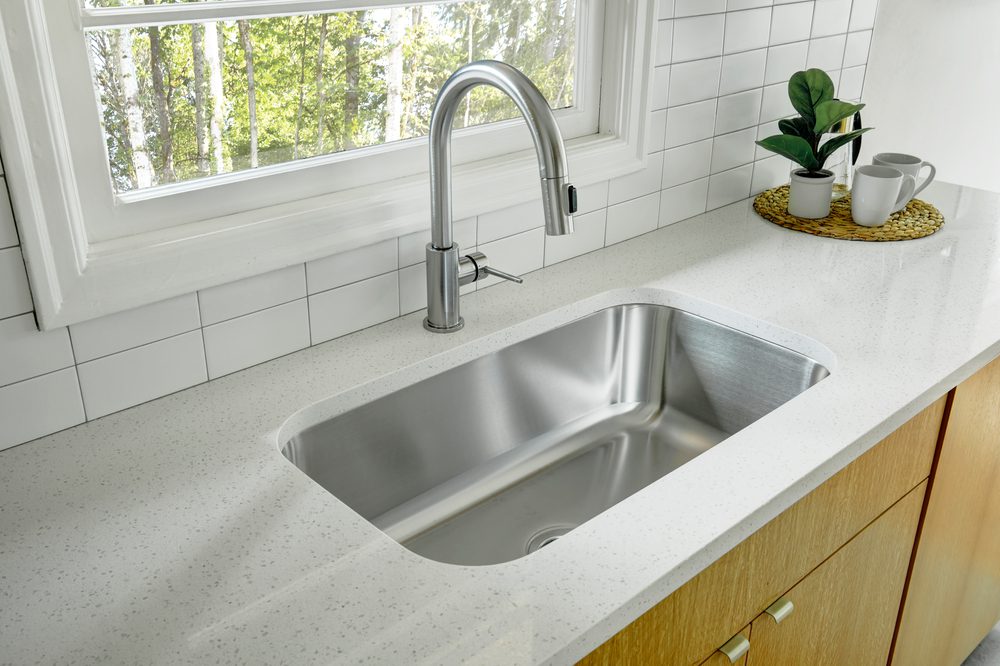
10. Not paying attention to the sink
What makes it dirty: Both normal sink drains and trash disposals are breeding grounds for germs and bacteria because of the wet conditions in which food particles remain for extended periods of time. When food or water is left in the sink, the drain, or the trash disposal, the problem becomes worse.
You can prevent germs from multiplying in the sink by wiping them off after each use and by following the piece of advice given here once a week.
…Have you ever made any of these cleaning mistakes? Let us know in the comments! If you want to discover more cleaning missteps people typically do, click here to read more about it: 9 Cleaning Mistakes That Are Costing You Time And Money


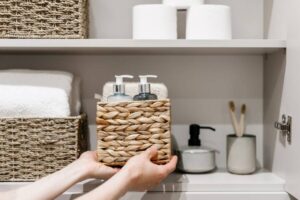
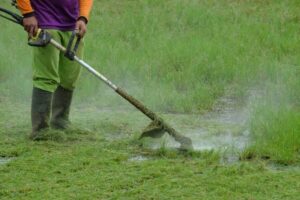

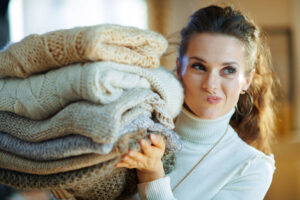
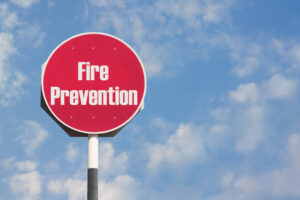
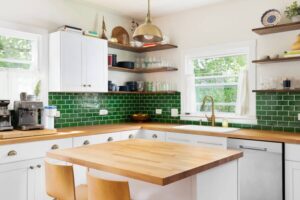
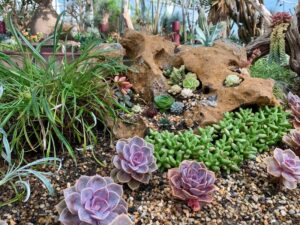
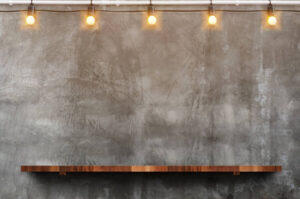
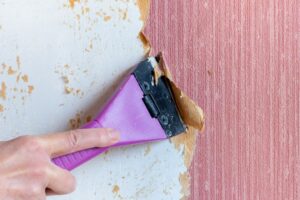

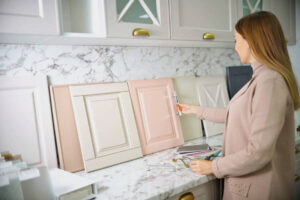
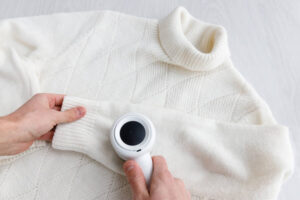
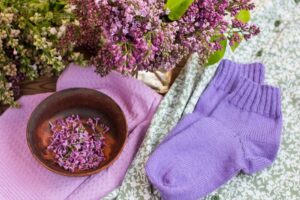

17 Responses
THANK YOU !! VERY USEFUL.
Yes! Thank you for the article.
Very helpful
I thought about the toilet brush idea before and I am cleaning it more often since Covid has surfaced. That never hurts anyways. Preventing illness goes a long way.
I’d clean it with a soap ( not soup) solution though. 🤣
A few drops of Lysol in cleaned toilet, swish toilet brush well & this should prove sufficient! The bottle claims it will kill even Covid germs.
what kind of soup do u recommend to clean the toilet brush?
Ha, ha! I wondered the same thing!!
Lol not soup soap the best thing is bleach
Homemade Chicken noodle soup. It will have never felt better!
Very helpful. I do most of the things I’ve read. Great to know my home is clean,
Very good information & helpful as well, thanks.
the suggested process of adding baking soda to vinegar is a waste of time. The vinegar will convert the baking soda to sodium acetate, water, as well as carbon dioxide gas. I suggest that you do two different steps. 1st vinegar as an anti microbial treatment and 2nd) baking soda to absorb odors.
I can’t believe that this a real cleaning suggestion.
Carbon dioxide is something we exhale. It is not good to be inhaled as it displaces oxygen and makes you drowsy or sleepy.
Bleach is a carcinogen and extremely dangerous!
Natural cleaners like vinegar, hydrogen peroxide, borax, and baking soda are certainly safer
AWESOME Great to know some mistakes you are making in cleaning. I know some of them but would like to know more. THANKS
AWESOME Great to know some mistakes you are making in cleaning. would like to know more. THANKS